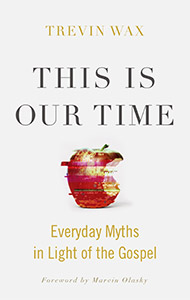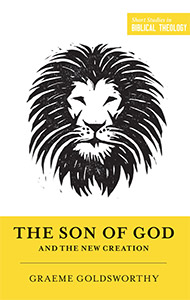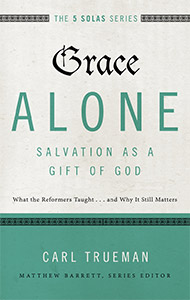 |
 |
 |
 |
This is Our Time: Everyday Myths in Light of the Gospel by Trevin Wax (B&H Books 2017, $16.99)
Review by S. Craig Sanders
At 35, SBTS alumnus Trevin Wax is one of the earliest millennials, at the edge of the divide with Generation X. But in his new book This is Our Time, Wax confronts the prevailing myths of our culture with the wisdom of someone much older, but it’s his relative youth that gives him the credibility to assess wisely the use of smartphones and agenda of secular entertainment.
“We live in the age of the smartphone and the selfie,” Wax writes. “Let’s not fret over this era but be faithful in it. While others are enslaved to world-shrinking devices from which they crave affection, we can be free.”
Wax offers practical suggestions for engaging the culture while still being set part. After first tackling myths regarding daily habits and cultural narratives, Wax shifts his focus to political engagement and marriage and sexuality.”
Assisted Suicide by Vaughan Roberts (The Good Book Company 2017, $4.99)
Review By Andrew J.W. Smith
Christians face numerous ethical issues that would have been unthinkable a few generations ago. From abortion to euthanasia, matters regarding the sanctity of human life are more important than ever. In his book, Assisted Suicide, Vaughan Roberts works through the issue of assisted suicide, addressing the complex situation facing Christians today through the lens of biblical principles on life, death, and end-of-life scenarios.
“We believe that we are made in God’s image and are therefore intrinsically valuable,” Roberts writes. “So we do not have the right to end our own lives, or the lives of others. We believe that God has made us to be intimately bound to each other in community, and that our actions affect and influence others.”
Part of The Good Book Company’s “Talking Points” series, which is designed to help readers work through big issues facing the church, Assisted Suicide serves as a helpful conversation starter on matters of life and death.
The Son of God and the New Creation by Graeme Goldsworthy (Crossway 2015, $14.99)
Review by Andrew J.W. Smith
Built upon a robust approach toward tracing themes throughout the storyline of the Bible Graeme Goldsworthy briefly explores the nature of Jesus Christ’s role as the Son of God in his book, The Son of God and The New Creation.
In his contribution to Crossway’s Short Studies in Biblical Theology series, Goldsworthy, formerly a lecturer at Moore Theological College in Sydney, Australia, connects Jesus’ sonship with that of Adam and David, and shows that Jesus is the ultimate God-man who can redeem all humanity from sin. In light of various scholarly debates regarding the precise meaning of “Son of God,” Goldsworthy says a biblical answer must point both to Jesus’ humanity and his divinity.
“The various takes on ‘son of God’ in the New Testament raise the question of whether the term indicates that Jesus is the man who stands as true Adam, ideal son of David, and true and faithful Israelite — or does it indicate that he is God?” Goldsworthy writes. “The question is simply put: Is Jesus God or is he man? The answer we are driven to is: Yes!”
Grace Alone: Salvation as a Gift of God by Carl R. Trueman (Zondervan 2017, $21.99)
Review by S. Craig Sanders
As the Five Solas series draws to a conclusion with the release of Grace Alone, historical theologian Carl R. Trueman’s volume reminds me why I appreciate this series: the content is consistently rich but the approach of each author to his topic varies. In this installment, Trueman briefly surveys the doctrine of grace in Scripture before analyzing its development from Augustine through the Reformation and concludes by assessing the ecclesiological implications of sola gratia.
“Grace is the heart of the Christian gospel,” Trueman writes in the introduction. “It is a doctrine that touches the very depths of human existence because it not only reveals to us the very heart of God but draws us back into that precious communion with him that was so tragically lost in the fall.”
Trueman devotes two chapters to Augustine’s view of grace, first how the great theologian forged his teaching from his autobiography and secondly how he articulated it in the Pelagian controversy. But surprisingly, Trueman then turns to Aquinas as an ally on “the sovereign priority of God in salvation,” demonstrating convincingly the value of the Angelic Doctor’s contributions for articulating a proper theology of grace. The remaining historical analysis rests on the developments in the Reformation through Luther and Calvin.
“Our forefathers drew very consciously on the ongoing stream of Augustinian thought that provided a core to the theology of the West. We need gratefully to acknowledge this and to realize that we can indeed learn from those who may stand outside our narrow tradition but who yet stand behind them in a very important way,” Trueman writes.
The grace-alone implications for the church are thoroughly from a Reformed Presbyterian lens, which is fitting to the book’s focus on Calvin, but Baptists can still find value in his ecclesiological warrants.




